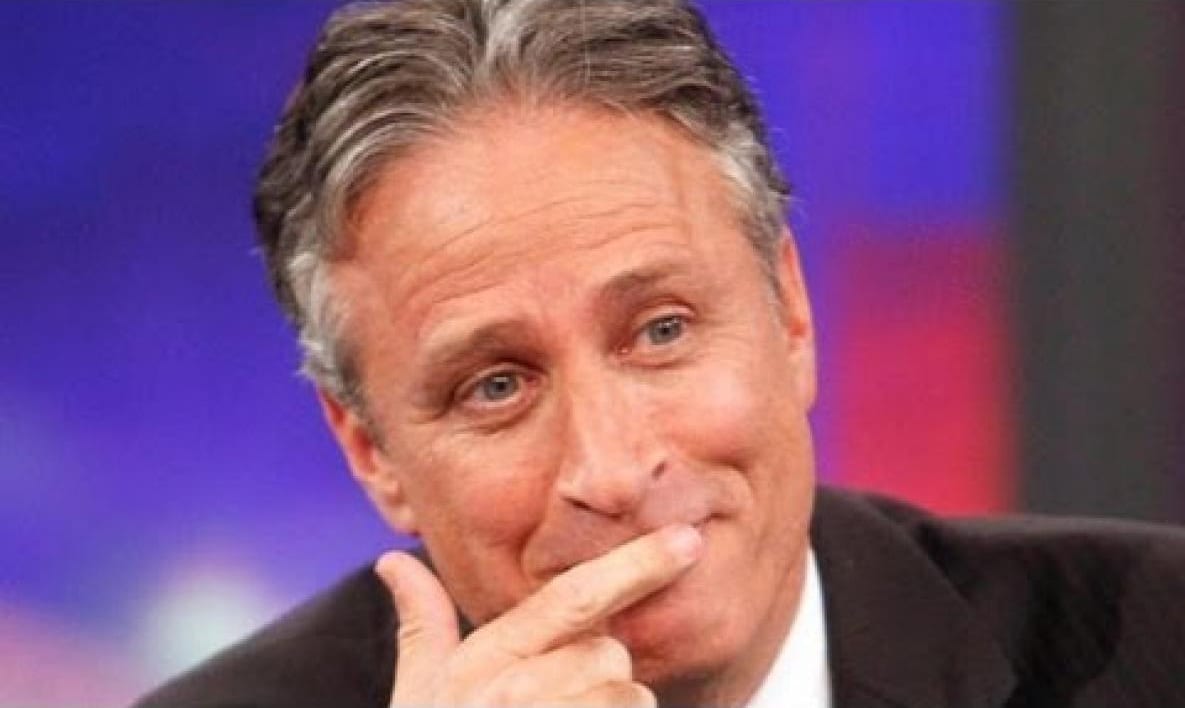The recent Twitter row between the United States and Egypt triggered a number of issues – freedom of expression; the role of media in modern societies; the balance between diplomacy and public diplomacy; between interests and values, both ours and theirs; and the ability to communicate not just governments but populations using traditional channels and social media. It represents a great teachable moment, for students (and professors) of public diplomacy and practitioners as well.
To briefly recap, the Morsi government (along with conservative elements within Egyptian society) has been cracking down on more and more political speech. The U.S. expressed concern privately, and then publicly following the detention of political satirist Bassem Youssef, Egypt’s Jon Stewart. Everything got amped up when the U.S. Embassy in Cairo, perhaps the most aggressive user of social media within the Department of State, tweeted a link to a segment about Youssef’s arrest by the real Jon Stewart.
[youtube=http://youtu.be/LyDOAQNsTrI]
The Egyptian government blasted back, on Twitter no less, criticizing the Embassy for its “negative political propaganda.” Morsi’s Freedom and Justice Party piled on, calling the offending tweet “undiplomatic & unwise.”
The Embassy’s Twitter account was taken down, the link to the Jon Stewart removed and then brought back on line. The Egyptian government claims American Ambassador Anne Patterson apologized for the incident. The State Department has tried to say as little as possible about the whole flap, but apparently sees the posting of the Stewart clip as a mistake.
What should we make of all of this?
In Egypt’s transition from dictatorship to democracy, it is hardly surprising that political Islam and civil society are struggling to comfortably co-exist. The Morsi government claims it was not responsible for Youssef’s detention, although someone in authority was. Beyond government, under Egyptian law, anyone can sue over perceived offensive speech. Just this week, an Egyptian court dismissed a lawsuit by an Islamist lawyer that would have forced Youssef’s show off air. After his release, Youssef resumed his broadcast, seemingly unbowed.
Clearly, a necessary debate within Egypt and across the Arab world about democracy, the evolution of political Islam and the development of inclusive and tolerant civil societies is underway.

The United States has been drawn into this debate, significantly through Twitter and Facebook. For example, Embassy Cairo has engaged Egyptians of all stripes on these issues. They are all unhappy with the United States, but for different reasons, believing Washington has been too lenient on Morsi, too critical, or should have no opinion at all.
Spend some time on the Embassy Twitter feed, @USEmbassyCairo, and you see what digital public diplomacy can do. Its tweets are engaging, candid and direct. Some samples:
- “It is part of normal #diplomacy to voice our view and encourage actions.”
- “Just talking straight with you.”
- “We believe that when diplomats use Twitter, they should be frank, casual, and dare we say even witty on occasion.”
In the past, such conversations would occur in quiet settings involving mostly government officials and policy elites. Now exchanges are out in the open, with newly empowered citizens offering their views and hoping for a genuine dialogue.
If this is the future of public diplomacy, Embassy Cairo is a trendsetter. Its recent experience demonstrates both the potential and the risk regarding how it is employed. Social media have greatly expanded public diplomacy’s reach, where actions and reactions can quickly take on broader political and social significance.
Embassy Cairo knows this better than anyone. Last September, an attempt to mitigate Egyptian outcry (and aggressive demonstrations) over an obscure American video perceived as being disrespectful of Islam became an issue in the American presidential campaign.
What are the public diplomacy lessons in this latest case?
There was a “practice what we preach” aspect to The Daily Show link. Stewart pokes fun at both Democratic and Republican political figures. Stewart highlights Egyptian contributions to modern society. He commends Morsi for assurances that political speech will be protected. He reminds that critics love their country every bit as much as leaders.
That said, it was probably inappropriate for the Embassy to link to the segment on its Twitter feed. Stewart calls Morsi a “crazy guy.” It’s inevitable that many would view it as official agreement.
While edgy works, this went too far, an “in your face” action at a sensitive time when the new Egyptian government was likely to overreact to any perceived slight.
But once the tweet was out there, connecting to publicly available content, the Embassy compounded its first mistake by removing the link. The Ambassador’s private apology with a pledge to avoid a repeat in the future was all that was needed. The removal sent precisely the wrong message that objectionable speech can and should be curtailed, a point Egypt made repeatedly during last September’s film controversy.
The retreat also sends the wrong message to the State Department’s global communicators. Ambassadors and public diplomats should be fully engaged in the vigorous debate about the critical issues of the day, not on the sidelines where it’s safe. They should be pushing the envelope, even if it means going over the line once in a while.
While integrating transformational technology into U.S. public diplomacy programs, mistakes inevitably will be made. How organizations react says a lot about what lessons will be learned.



2 thoughts on “Digital Diplomacy’s Reach and Risk”